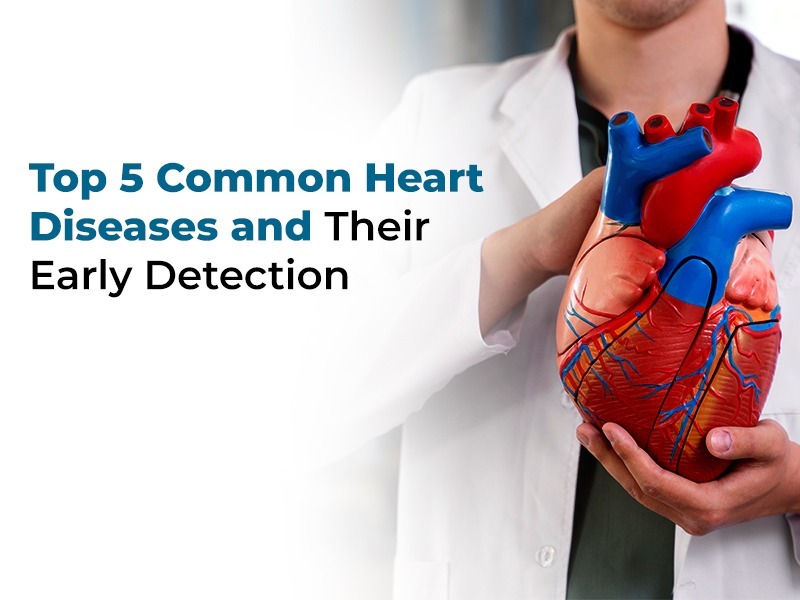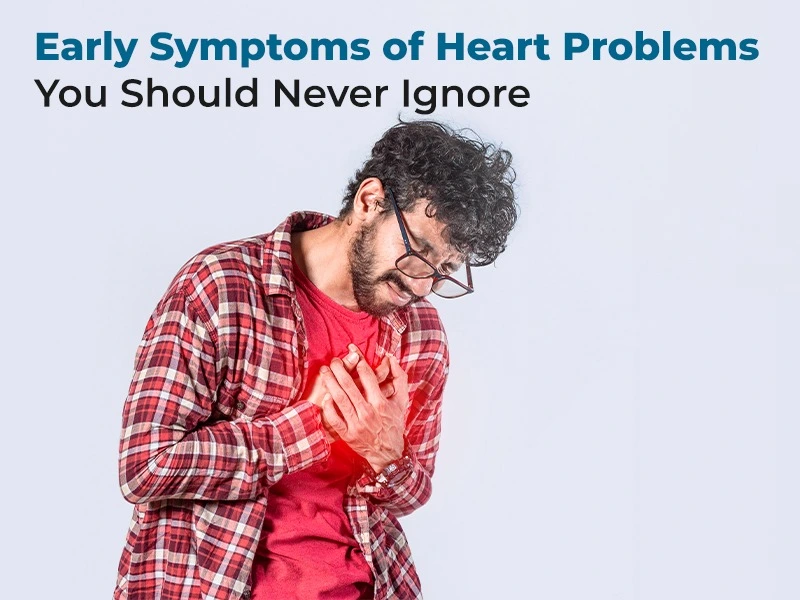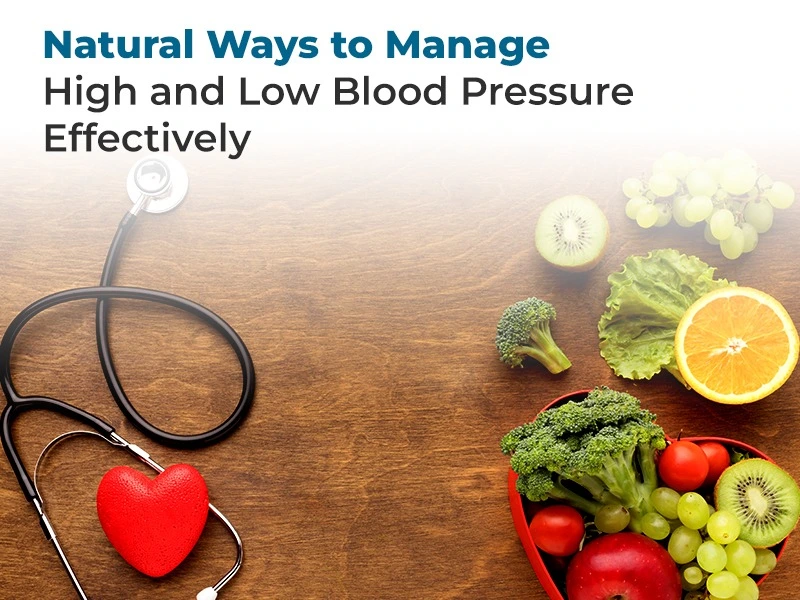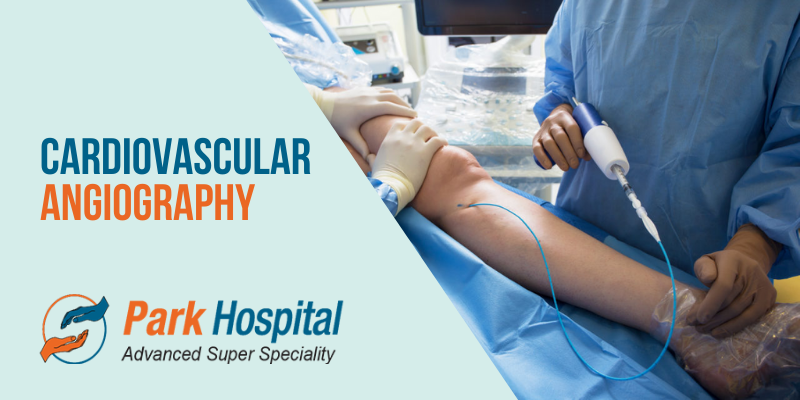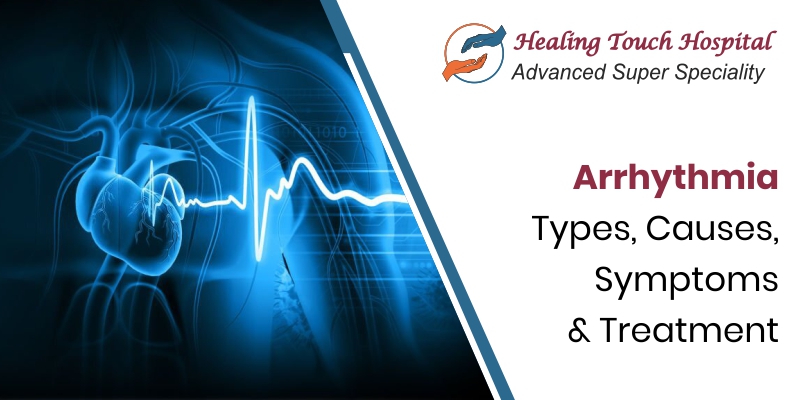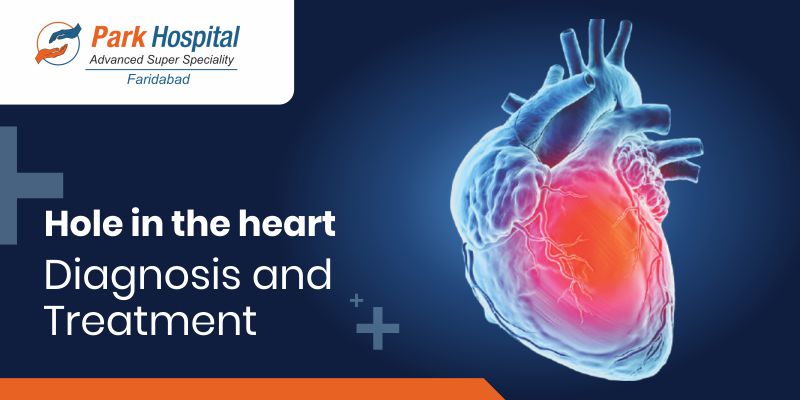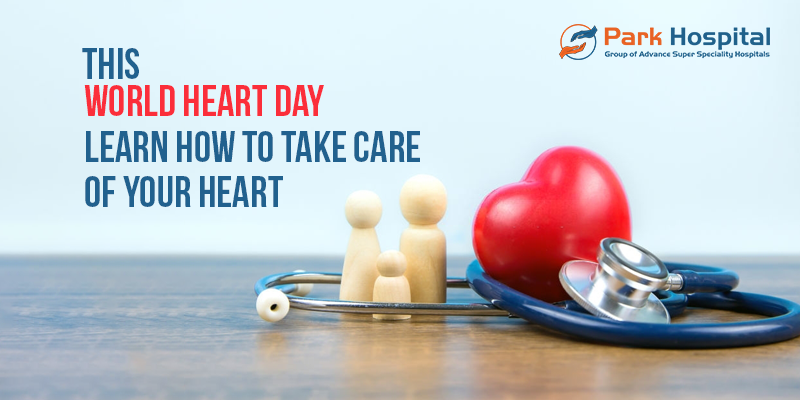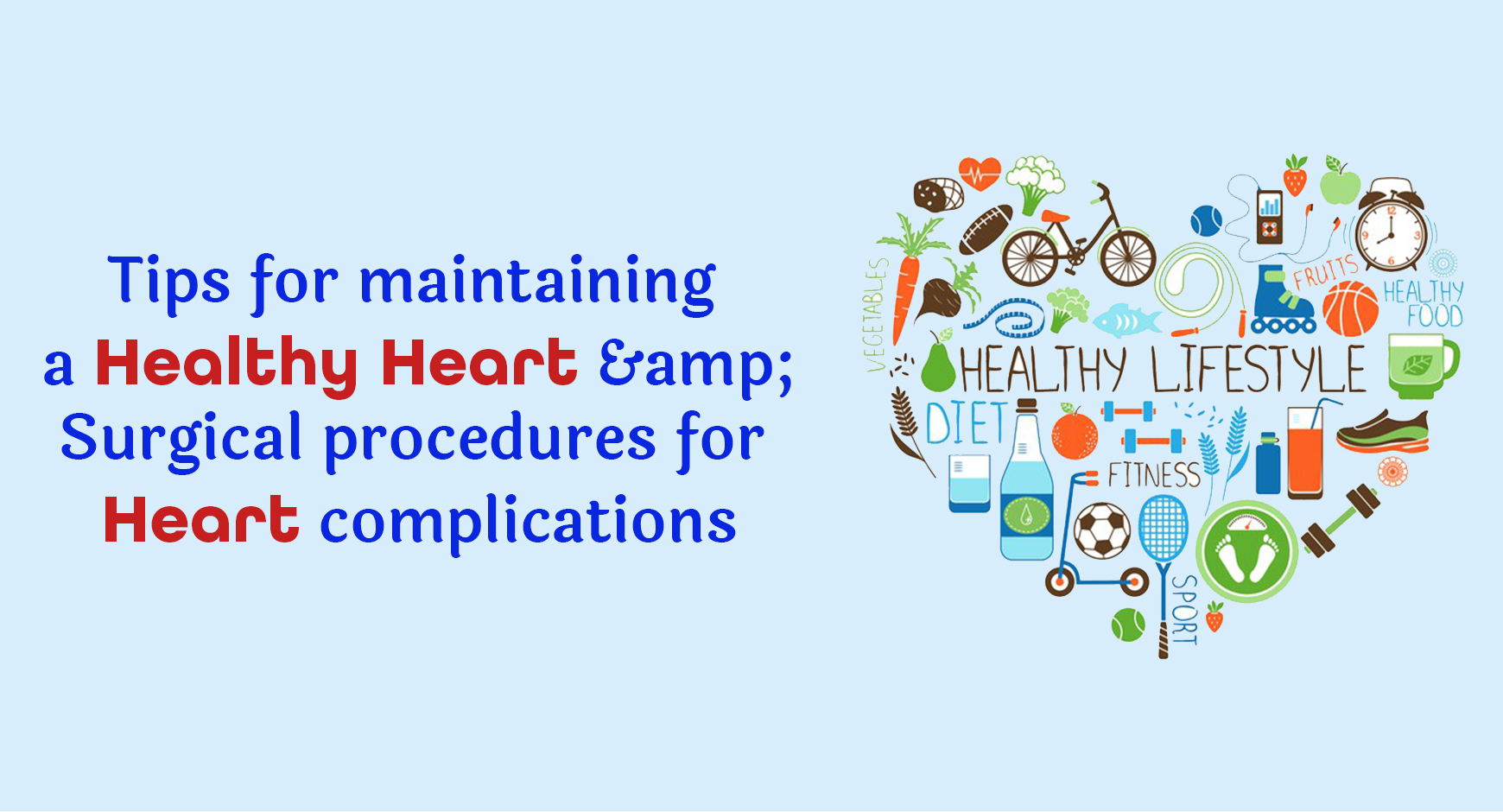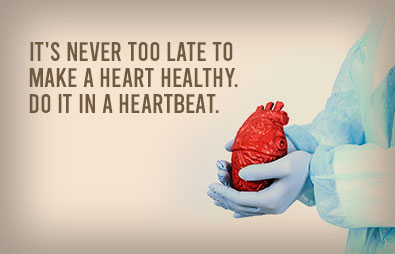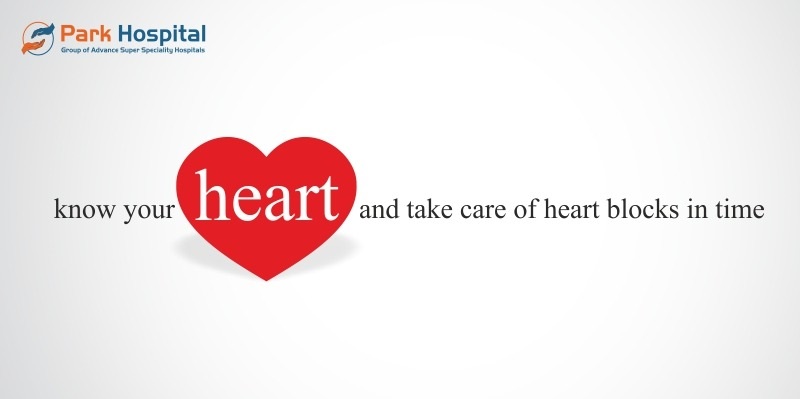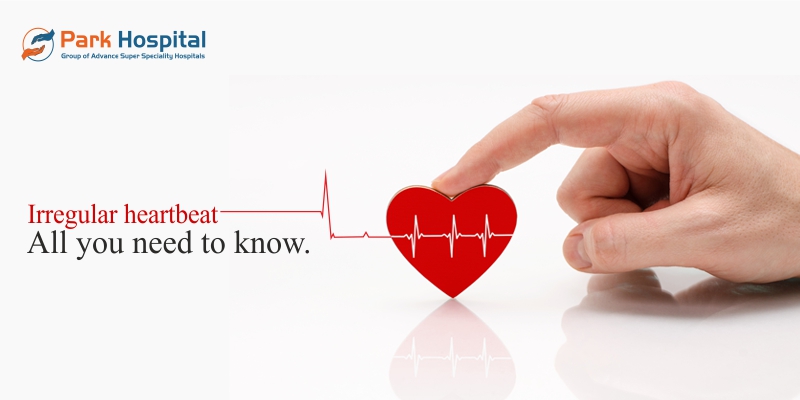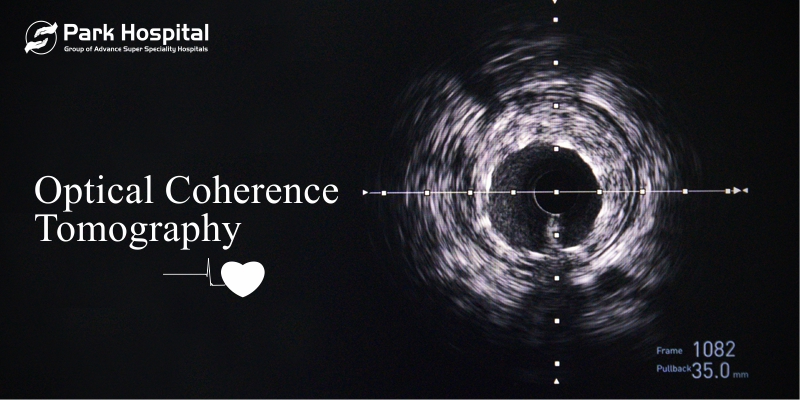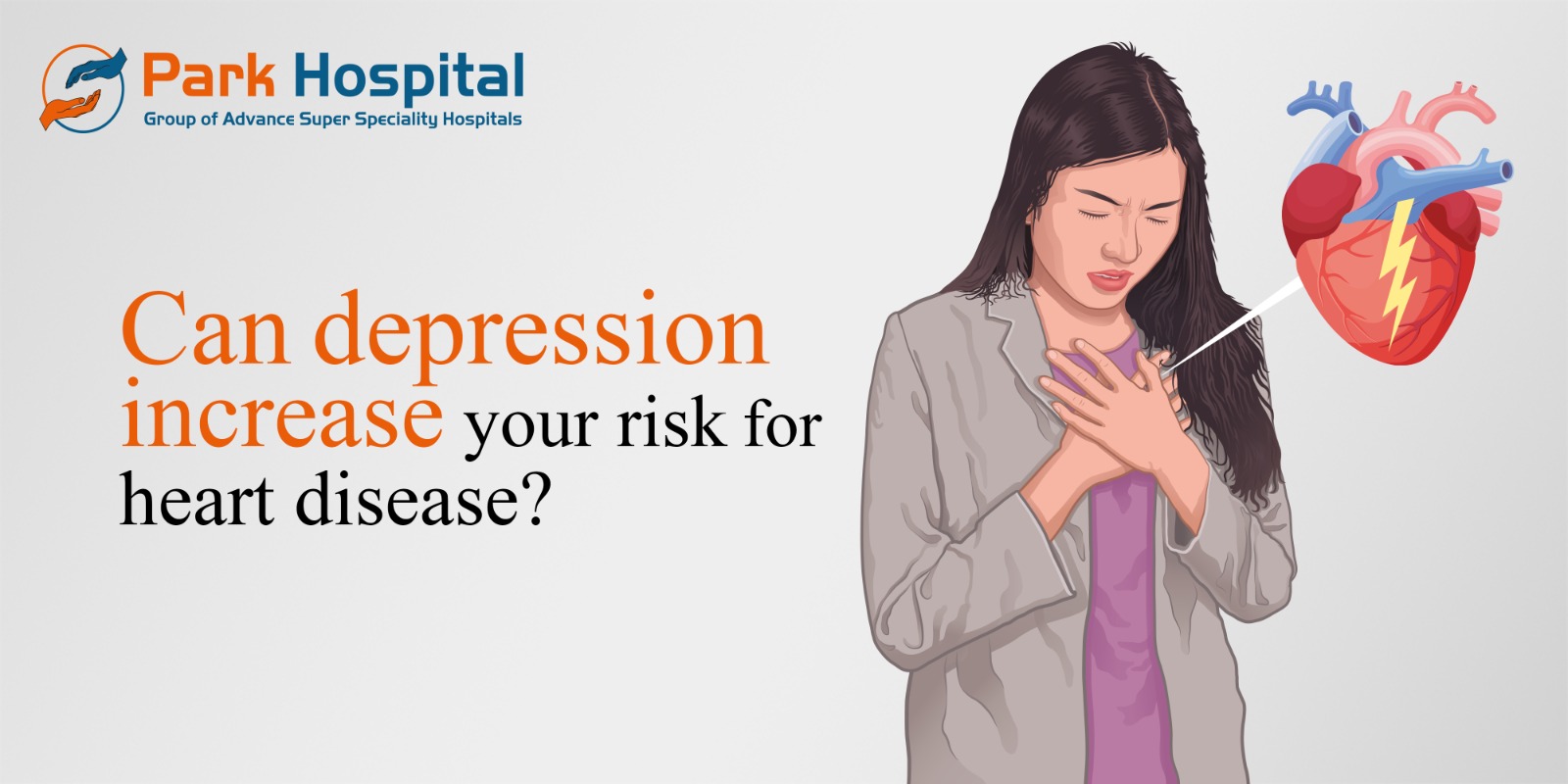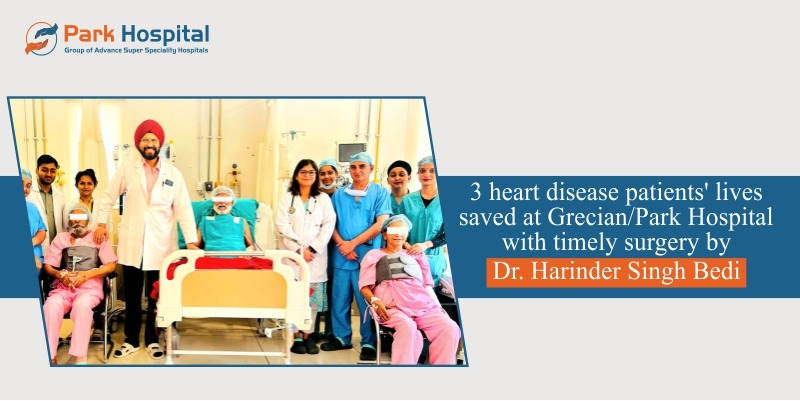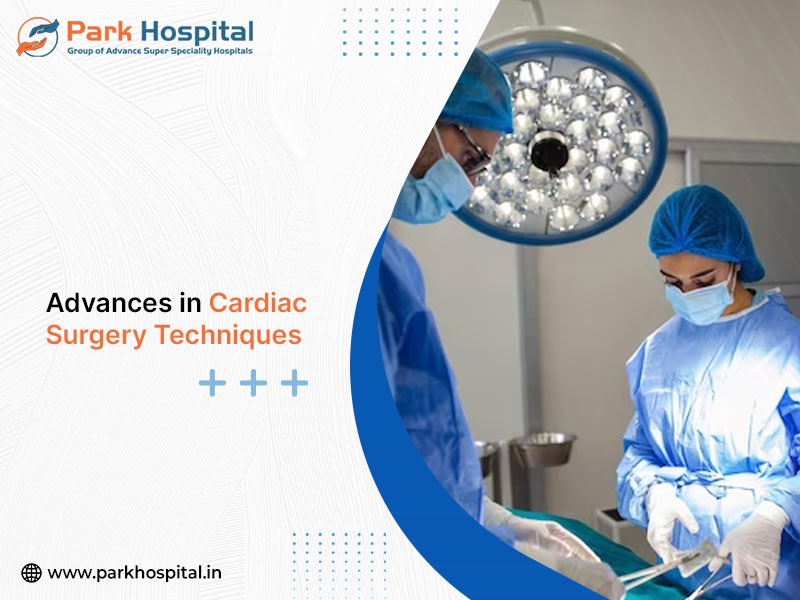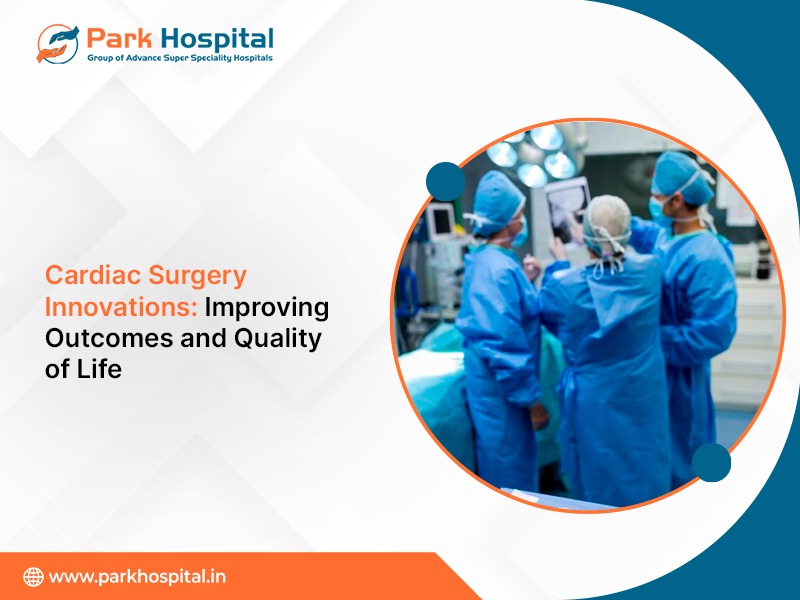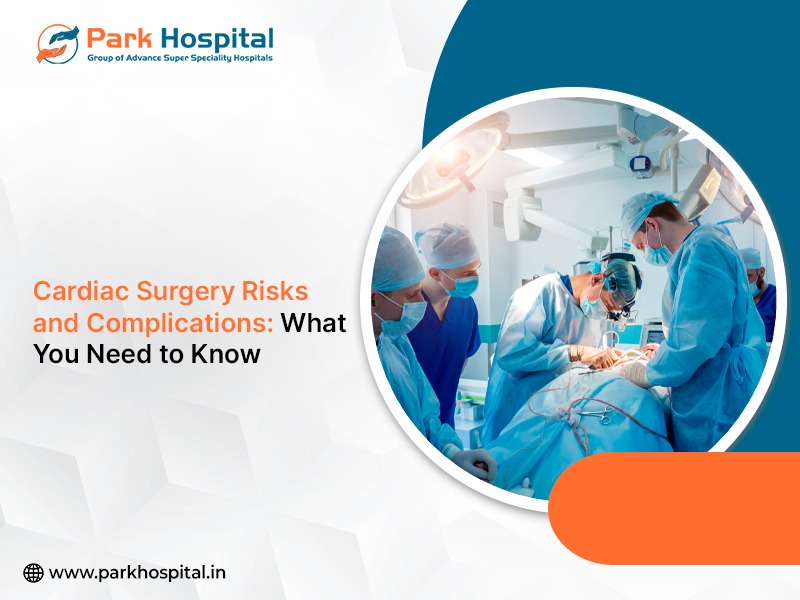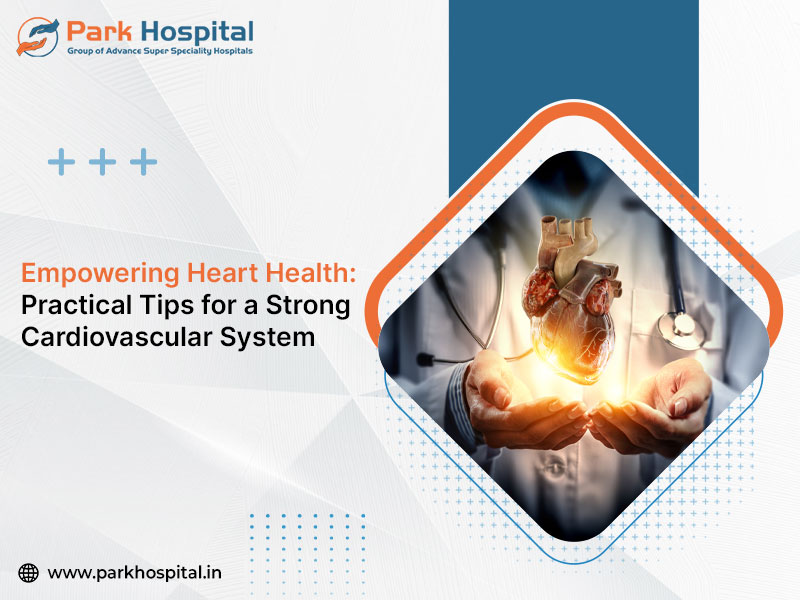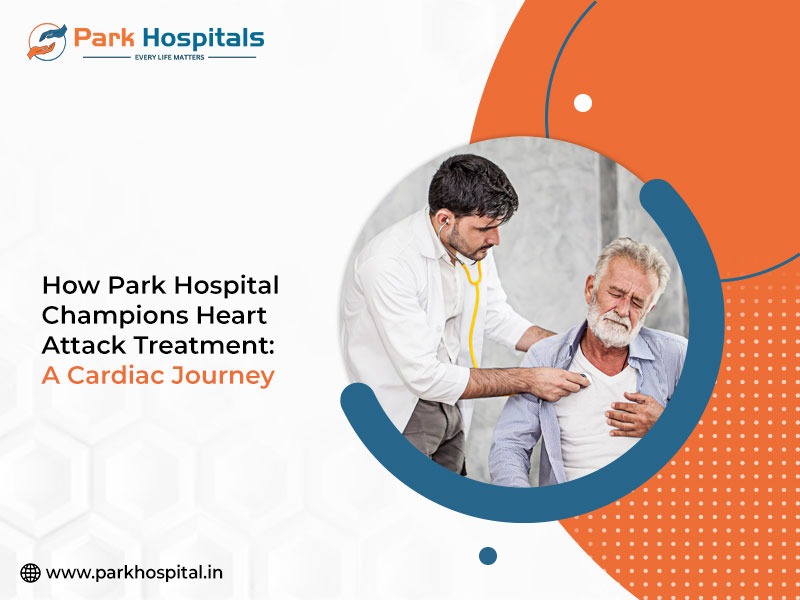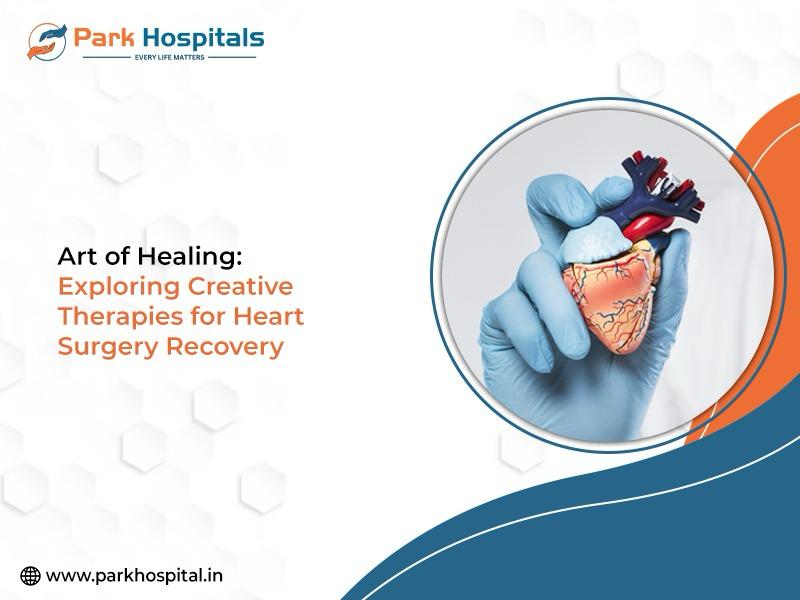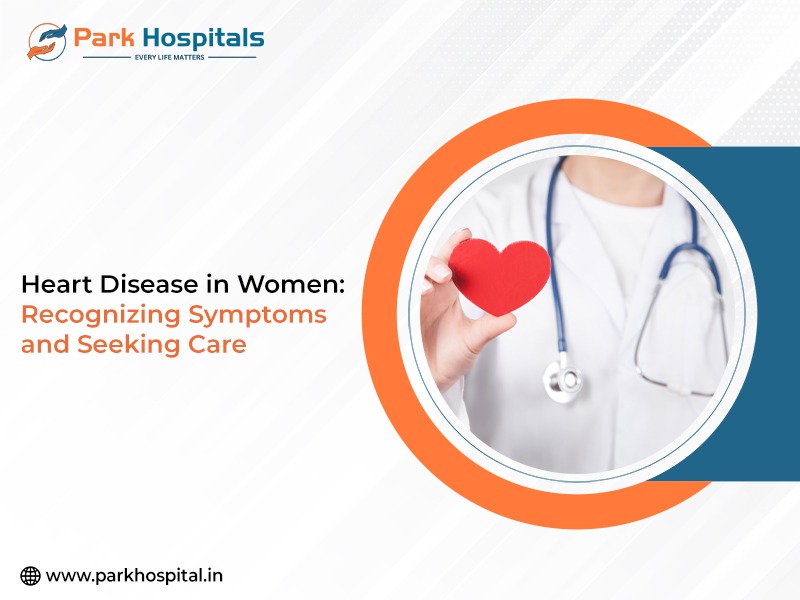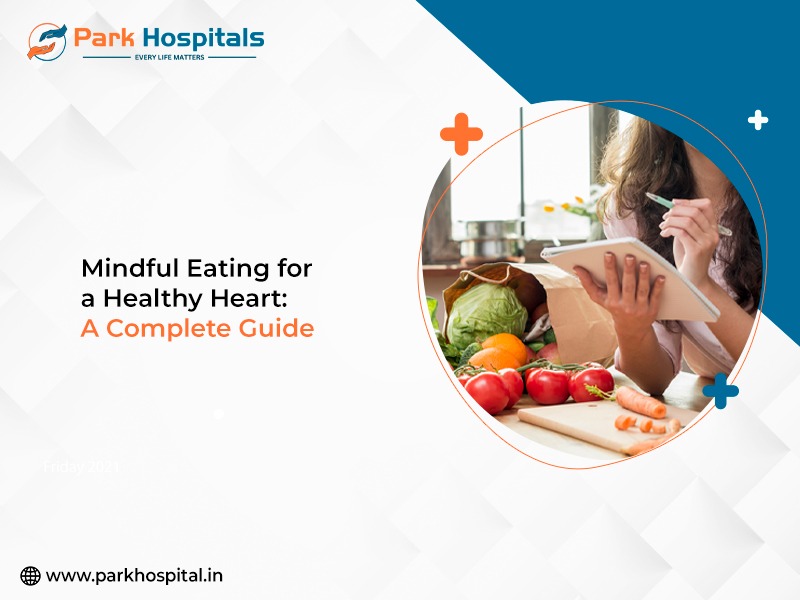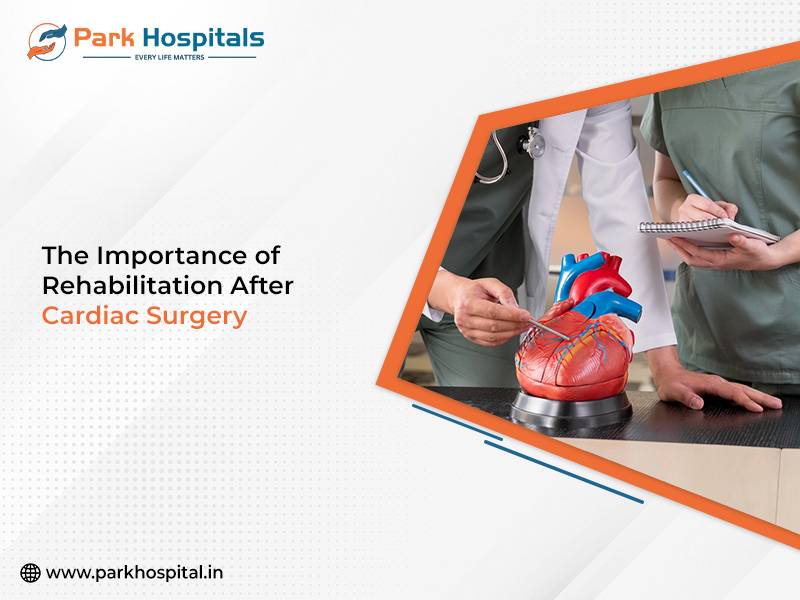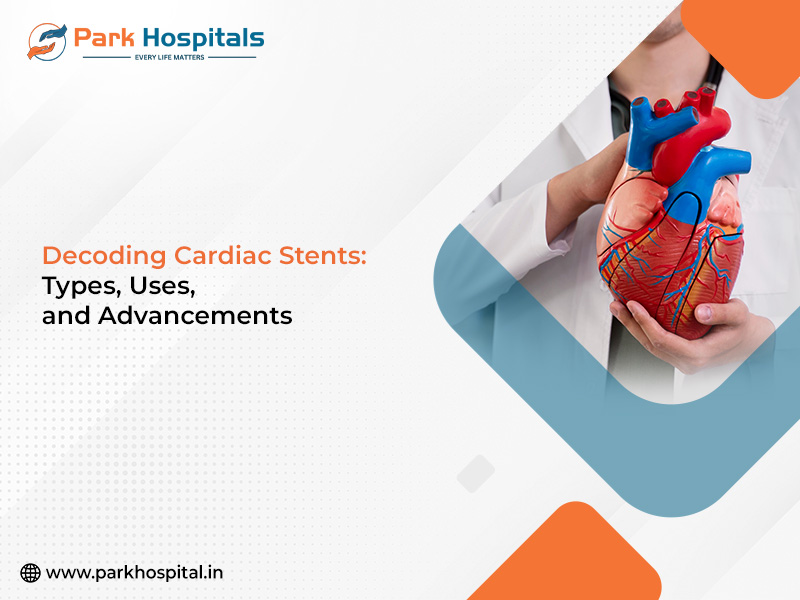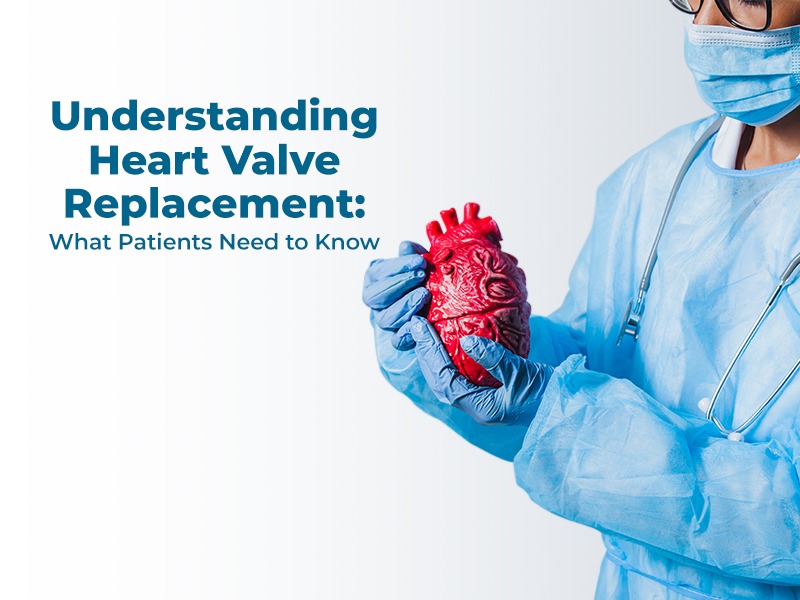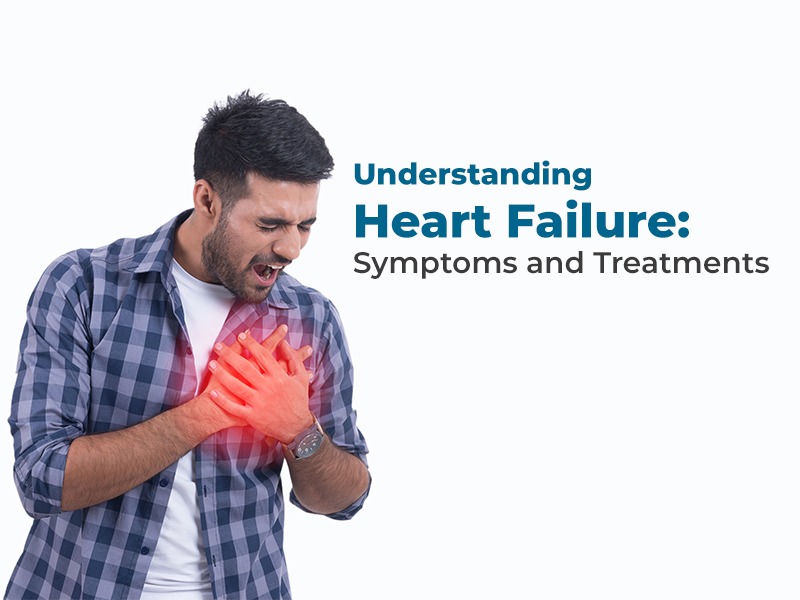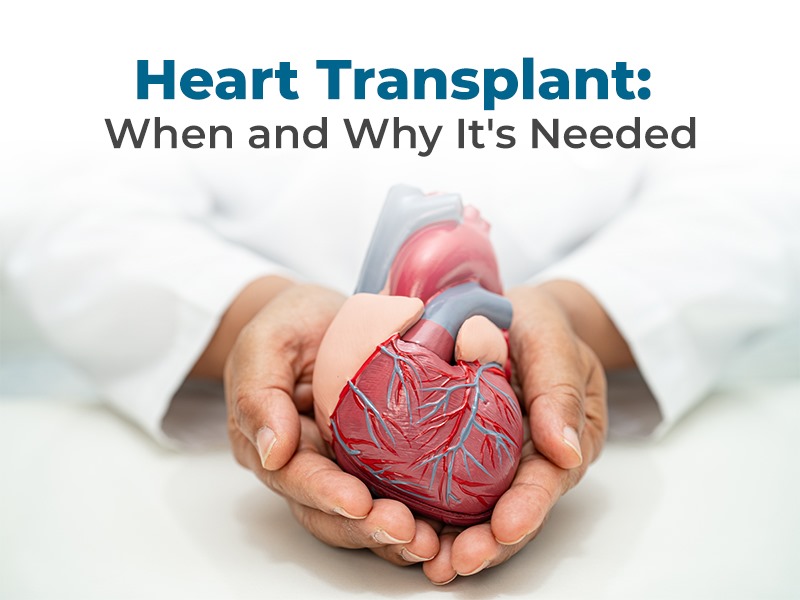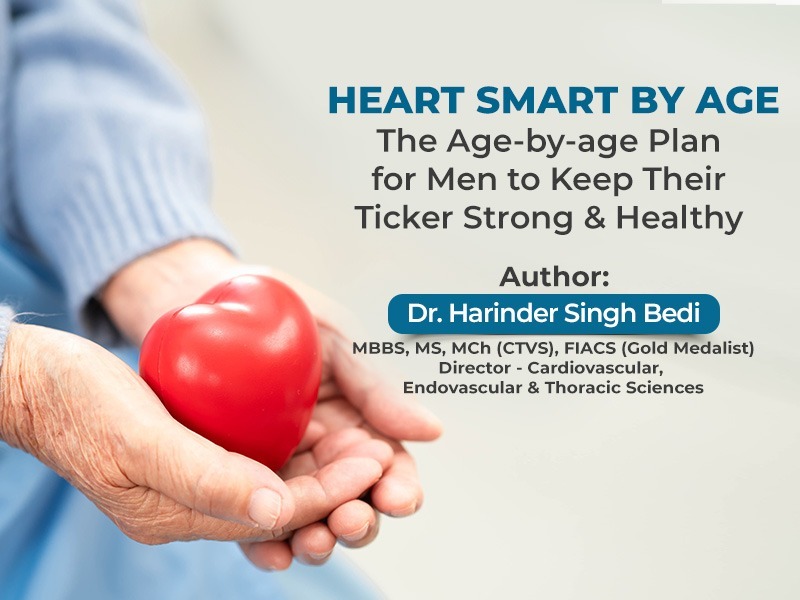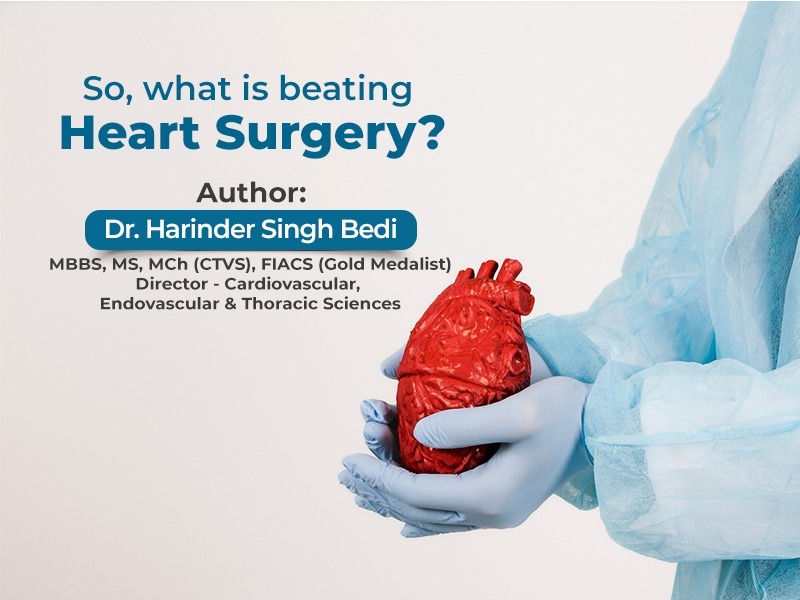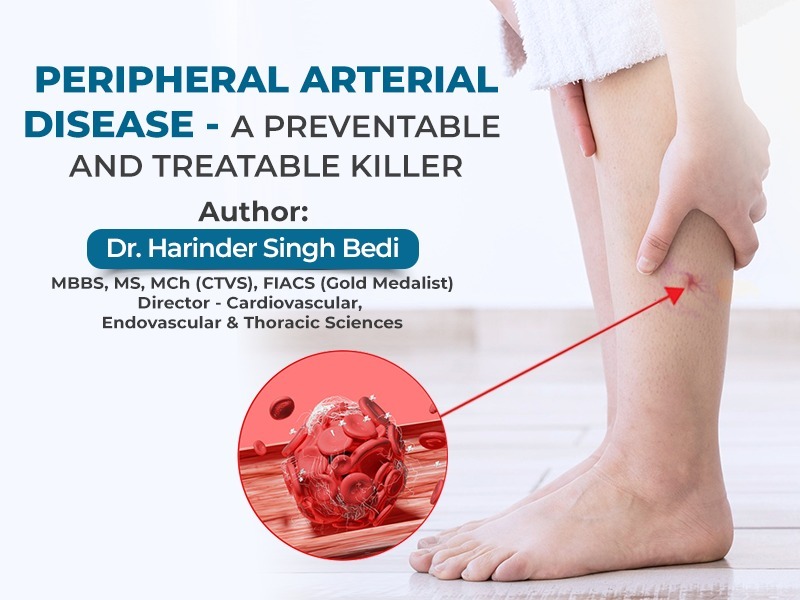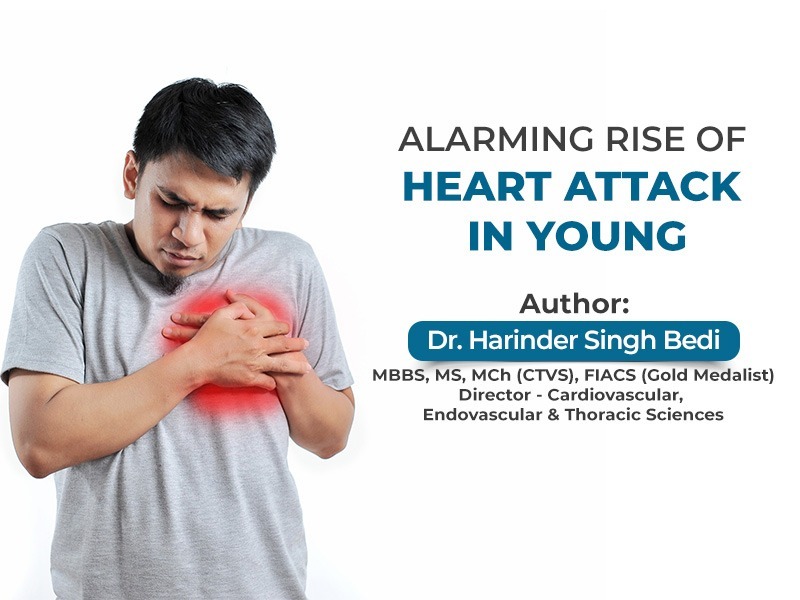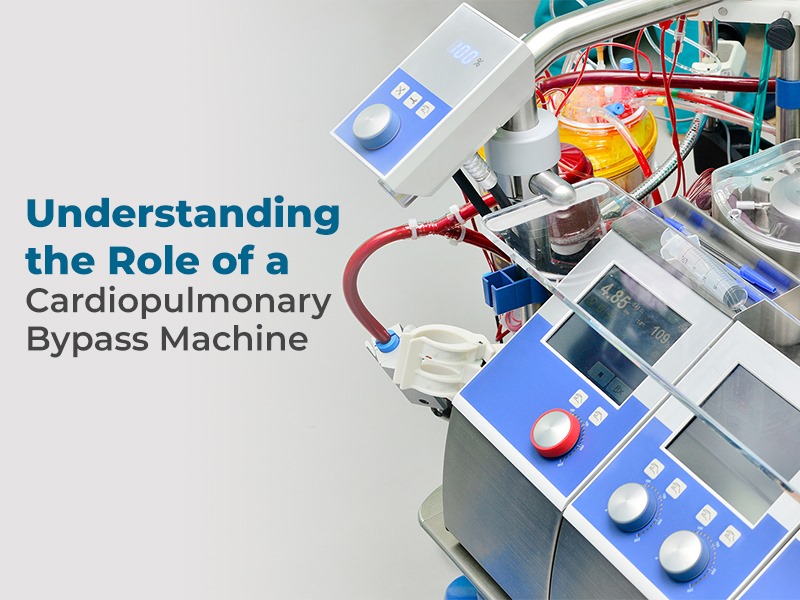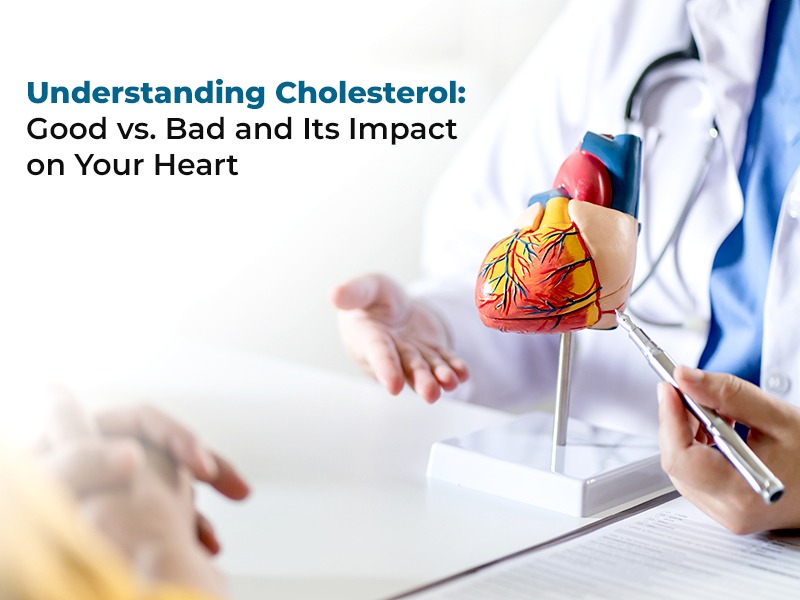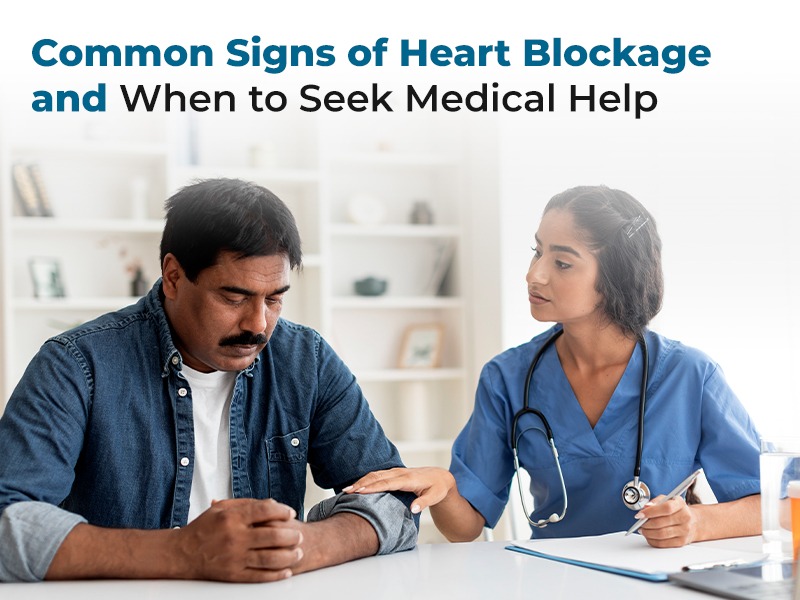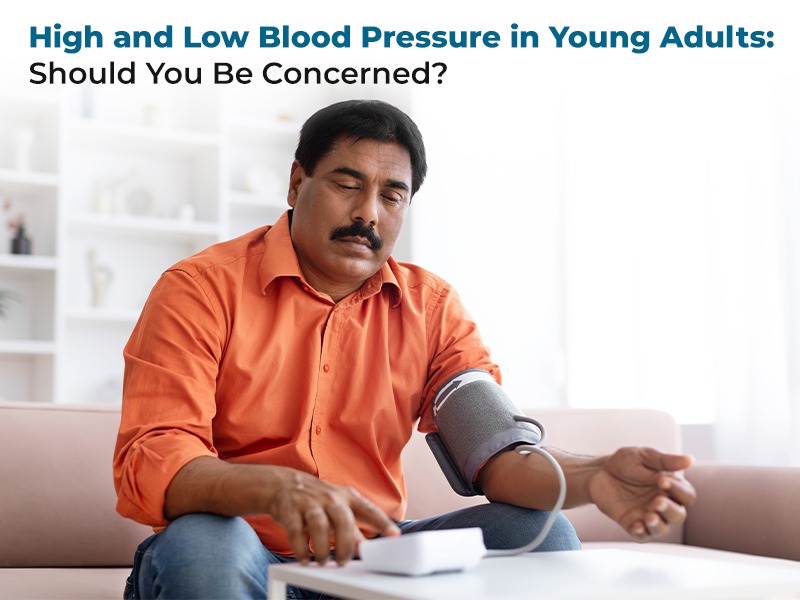We all are well aware of the importance of the heart, the organ that pumps blood and transits Red Blood Cells around, along with other necessary components. But, many times, one does not take care of it as much as this structure requires. Heart diseases remain one of the leading causes of death globally, but early detection and proactive care can significantly improve outcomes.
What Can Cause Heart Diseases?
Heart diseases don't happen overnight; they are usually the result of a combination of genetic, lifestyle, and environmental factors. Understanding these causes can help mitigate the risk:
1. Unhealthy Lifestyle Choices
● Diets high in saturated fats, sugar, and salt can lead to obesity, high cholesterol, and hypertension—major contributors to heart diseases.
● Smoking and excessive alcohol consumption strain the heart and blood vessels.
2. Chronic Conditions
● Diabetes, high blood pressure, and high cholesterol can damage the blood vessels and heart over time.
3. Sedentary Lifestyle
● Lack of physical activity weakens the heart muscle and contributes to weight gain, increasing the risk of cardiovascular issues.
4. Genetic Predisposition
● Family history plays a significant role; if close relatives have experienced heart conditions, your risk might be higher.
5. Stress
● If you or someone you care for has long-standing stress, then their cortisol levels may increase. This can lead to high blood pressure and inflammation.
Common Heart Diseases
Coronary Artery Disease (CAD)
It involves the narrowing or complete blockage of the coronary arteries, which supply blood, oxygen, and nutrients to the heart muscle. It is primarily caused by the buildup of fatty deposits, or plaque, on the inner walls of these arteries. Over time, this can restrict blood flow, leading to chest pain (angina) and increasing the risk of heart attacks. As per the best heart specialist in Delhi, CAD is one of the most prevalent forms of heart disease worldwide.
Hypertension (High Blood Pressure)
High blood pressure occurs when the force of blood against the walls of your arteries is consistently too high. This extra strain can have a direct impact on the arteries as it may damage them with the passage of time. It makes them less elastic and increases the workload on your heart.
Arrhythmias
Arrhythmias are irregularities in the heart's rhythm, which can cause it to beat too fast, too slow, or erratically. These disruptions occur owing to malfunctions in the heart's electrical system that control the heartbeat. While some arrhythmias are harmless, others can significantly impact the heart's ability to pump blood effectively, leading to fainting, dizziness, or even sudden cardiac arrest.
Heart Failure
Heart failure, also known as congestive heart failure, happens when the heart muscle becomes too weak or stiff to pump blood efficiently. This condition can result from other heart problems, such as CAD or hypertension, which gradually strain and weaken the heart, needing an immediate consultation at the best heart hospitals in Delhi. As a result, blood and fluid may back up in the lungs, causing breathlessness and fluid retention in the legs, ankles, and abdomen.
Valvular Heart Disease
This condition occurs when one or more of the heart's valves do not open or close properly. This, in turn, affects the flow of blood throughout. Valves may become narrowed (stenosis), leaky (regurgitation), or fail to close fully, leading to disrupted blood flow. Valvular heart disease can be congenital or develop over time due to infections, ageing, or other underlying heart conditions.
How to Detect Them Early?
Early detection is key to managing and treating heart diseases effectively. Here are crucial methods:
Regular Check-Ups
Routine health screenings at the best heart hospitals in Delhi can identify risk factors like high blood pressure, cholesterol levels, or diabetes before they escalate.
Electrocardiograms (ECGs)
An ECG measures the electrical activity of your heart, helping detect arrhythmias and other abnormalities.
Stress Tests
These evaluate how well your heart performs under physical exertion, revealing issues like CAD.
Imaging Tests
Techniques like echocardiograms, CT scans, or MRIs provide detailed images of the heart's structure and function.
Monitoring Symptoms
Being attentive to signs like chest discomfort, fatigue, or swelling can prompt timely medical attention.
Steps to Take Care of Your Heart
A healthy heart starts with consistent care and lifestyle adjustments:
1. Adopt a Balanced Diet
● Incorporate plenty of fruits, vegetables, whole grains, lean proteins, and healthy fats.
● Minimise intake of processed foods, salt, and sugary drinks.
2. Stay Physically Active
● Engage in at least 150 minutes of moderate-intensity aerobic activity weekly.
● Include strength training to boost circulation and heart health.
3. Quit Smoking and Limit Alcohol
● Smoking damages blood vessels, and excessive alcohol intake raises blood pressure. Quitting lowers your risk.
4. Manage Stress
● Practice relaxation techniques like yoga, meditation, or deep breathing to keep stress hormones in check.
5. Monitor Your Health Metrics
● Regularly check your blood pressure, cholesterol, and blood sugar levels to stay informed about your heart health.
6. Stay Consistent with Medications
● If prescribed by the best heart specialist in Delhi, take medications for blood pressure, diabetes, or cholesterol as directed. Skipping doses can have severe consequences.
Conclusion
Your heart is at the centre of your well-being, and taking steps to safeguard it is an investment in a longer, healthier life. While heart diseases are common, they are largely preventable and manageable with early detection, informed choices, and lifestyle changes. Pay attention to your body, schedule regular check-ups, trust us for bringing in the healthiest you and never underestimate the power of small, consistent efforts towards a healthier heart.
After all, a healthy heart isn't just about adding years to your life—it's about adding life to your years.

